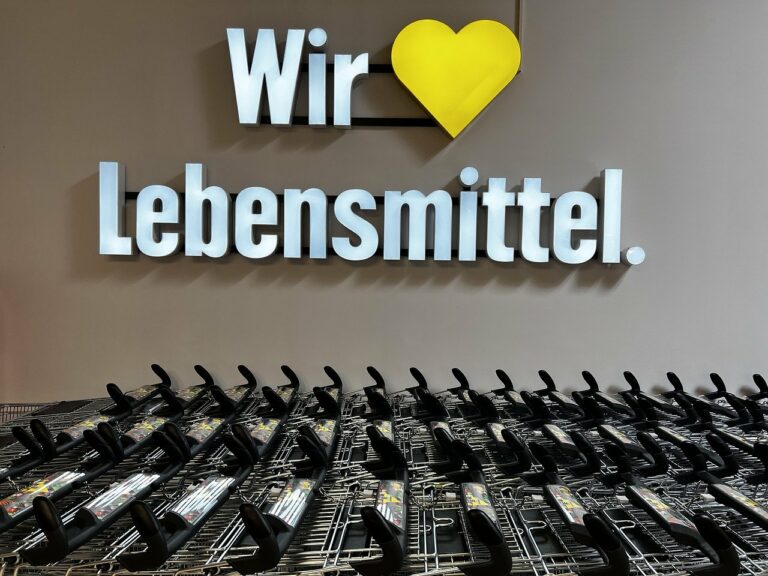Sustainable Packaging Solutions: Compostable Packaging Materials
Compostable packaging materials are increasingly becoming a popular choice for businesses looking to reduce their environmental impact. One common type of compostable packaging material is PLA, or polylactic acid, which is derived from renewable resources such as corn starch or sugarcane. PLA is biodegradable and breaks down into natural elements in composting conditions, making it a sustainable alternative to conventional plastics.
Another type of compostable packaging material is bagasse, which is made from the fibrous residue left over after sugarcane is pressed for juice. Bagasse packaging is sturdy and heat-resistant, making it suitable for a variety of applications such as food containers and plates. Since bagasse is natural and renewable, it can be easily composted along with organic waste, reducing the amount of non-biodegradable waste that ends up in landfills.
Benefits of Using Compostable Packaging
Compostable packaging offers a sustainable alternative to traditional plastic packaging, helping to reduce the environmental impact of waste. By using materials that can easily decompose into natural elements, compostable packaging helps to minimize the amount of waste that ends up in landfills or oceans, mitigating the harmful effects on the ecosystem.
Furthermore, compostable packaging supports the circular economy by providing a closed-loop system where materials are reused and recycled, promoting a more sustainable and efficient use of resources. This not only contributes to reducing greenhouse gas emissions but also conserves energy and raw materials, making compostable packaging a viable solution for businesses looking to adopt more eco-friendly practices.
• Compostable packaging helps reduce the amount of waste in landfills and oceans
• Supports the circular economy by promoting a closed-loop system for materials
• Contributes to reducing greenhouse gas emissions and conserving energy and raw materials
• Provides a sustainable alternative for businesses looking to adopt eco-friendly practices
Challenges in Implementing Compostable Packaging Solutions
Implementing compostable packaging solutions presents several obstacles that companies must navigate. One significant challenge is the cost associated with switching from traditional packaging materials to compostable alternatives. While compostable options are more eco-friendly in the long run, the initial investment required can be substantial, especially for businesses operating on tight budgets. This financial barrier can deter companies from embracing compostable packaging, despite the environmental benefits it offers.
In addition to cost, another hurdle in implementing compostable packaging solutions is the lack of infrastructure for composting. Compostable materials can only biodegrade properly in specific composting facilities, which may not be readily available in all regions. Without easy access to composting facilities, companies are left with limited options for disposing of compostable packaging, potentially leading to these materials ending up in landfills instead of being properly composted. This logistical challenge highlights the need for improved composting infrastructure to support the widespread adoption of compostable packaging.
What are some different types of compostable packaging materials?
Some different types of compostable packaging materials include polylactic acid (PLA), paper products, biodegradable plastics, and compostable films.
What are the benefits of using compostable packaging?
The benefits of using compostable packaging include reducing waste, minimizing environmental impact, and promoting sustainability. Compostable packaging materials can also help businesses meet green standards and appeal to environmentally conscious consumers.
What are some challenges in implementing compostable packaging solutions?
Some challenges in implementing compostable packaging solutions include cost, availability of composting facilities, consumer education, and regulatory issues. Businesses may also face challenges in finding suitable compostable materials that meet their specific packaging needs.







